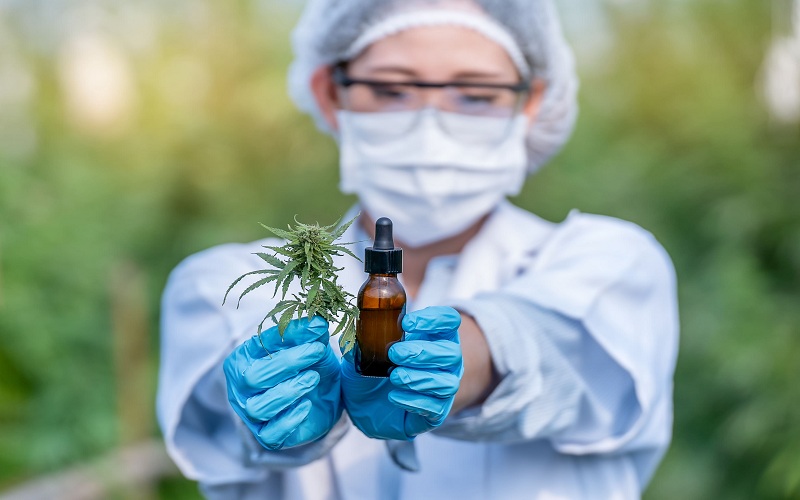All eyes are on the Biden administration as we await the next move on marijuana reform. It looks fairly likely that the DEA will ultimately move marijuana from Schedule I to Schedule III of the Controlled Substances Act (CSA). But would that be good or bad for medical cannabis?
We have heard plenty of discussions about why rescheduling could turn out badly for medical cannabis. The arguments against rescheduling are valid. At the same time, a lot of good could come from it. There are equally valid reasons for rescheduling as opposed to either completely legalizing marijuana or doing nothing at all.
1. FDA Oversight
Rescheduling marijuana would effectively acknowledge its potential as a medicine. That would introduce FDA oversight into the medical marijuana equation. Companies looking to manufacture and distribute cannabis-based medicines would have to go through the same formal approval process pharmaceutical companies must already adhere to.
The end result would be years of clinical study and documented results. We would no longer have to guess whether marijuana actually works to treat certain conditions. We would have the hard data to prove it. That would end the argument once and for all.
2. Legitimate Prescriptions
Marijuana’s current status as a Schedule I controlled substance prevents doctors and advanced practice nurses from writing traditional prescriptions. They cannot write prescriptions without violating federal law. So instead, states offer an out by allowing them to merely recommend medical cannabis as a treatment.
A recommendation alone is not enough to purchase medical marijuana. Take a Utah patient hoping to buy medicines from Brigham City’s Beehive Farmacy. He would need a medical cannabis card that could only be obtained with a doctor’s recommendation.
Rescheduling marijuana changes all of that. It would introduce legitimate prescriptions written by doctors, physician assistants, and nurse practitioners. Those prescriptions would include distinct dosage and delivery instructions.
3. More Research
As things currently stand, a single growing operation has federal authority to grow marijuana for research purposes. Any individual or institution wanting to get their hands on it has to go through a lengthy and time-consuming application process. For all intents and purposes, research doesn’t take place because obtaining federally approved marijuana is so difficult.
Once again, rescheduling would change everything. Under rules that apply to other Schedule III drugs, marijuana could be produced en masse for research purposes. Researchers could easily obtain what they needed for their studies. I suspect we would end up with a ton of research within the first few years after rescheduling.
4. Targeted Treatments
Rescheduling would improve things for patients, too. Under the current rules, patients are pretty much left to self-medicate. But with FDA approved products, doctors could prescribe targeted treatments that take the guesswork out of treating their symptoms. Patients would no longer have to visit medical cannabis pharmacies only to stare blankly at shelves wondering what they should buy. A prescription would lay it out for them.
In addition, manufacturers could focus on specific cannabinoids and terpenes targeting very specific conditions. Patients would end up with medications designed to treat what ails them rather than getting a more general medical marijuana product that may or may not offer adequate symptom relief.
I agree that there are a lot of concerns with rescheduling marijuana. Rescheduling might not even be the best idea. But there are also a lot of benefits to doing so. Common sense dictates that we weigh the pros and cons before making a decision. Whichever way we go, the decision should not be made based solely on an emotional response to medical marijuana.










